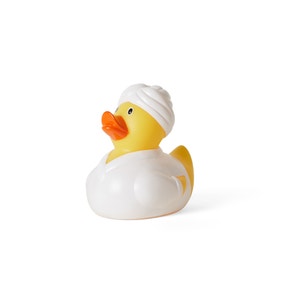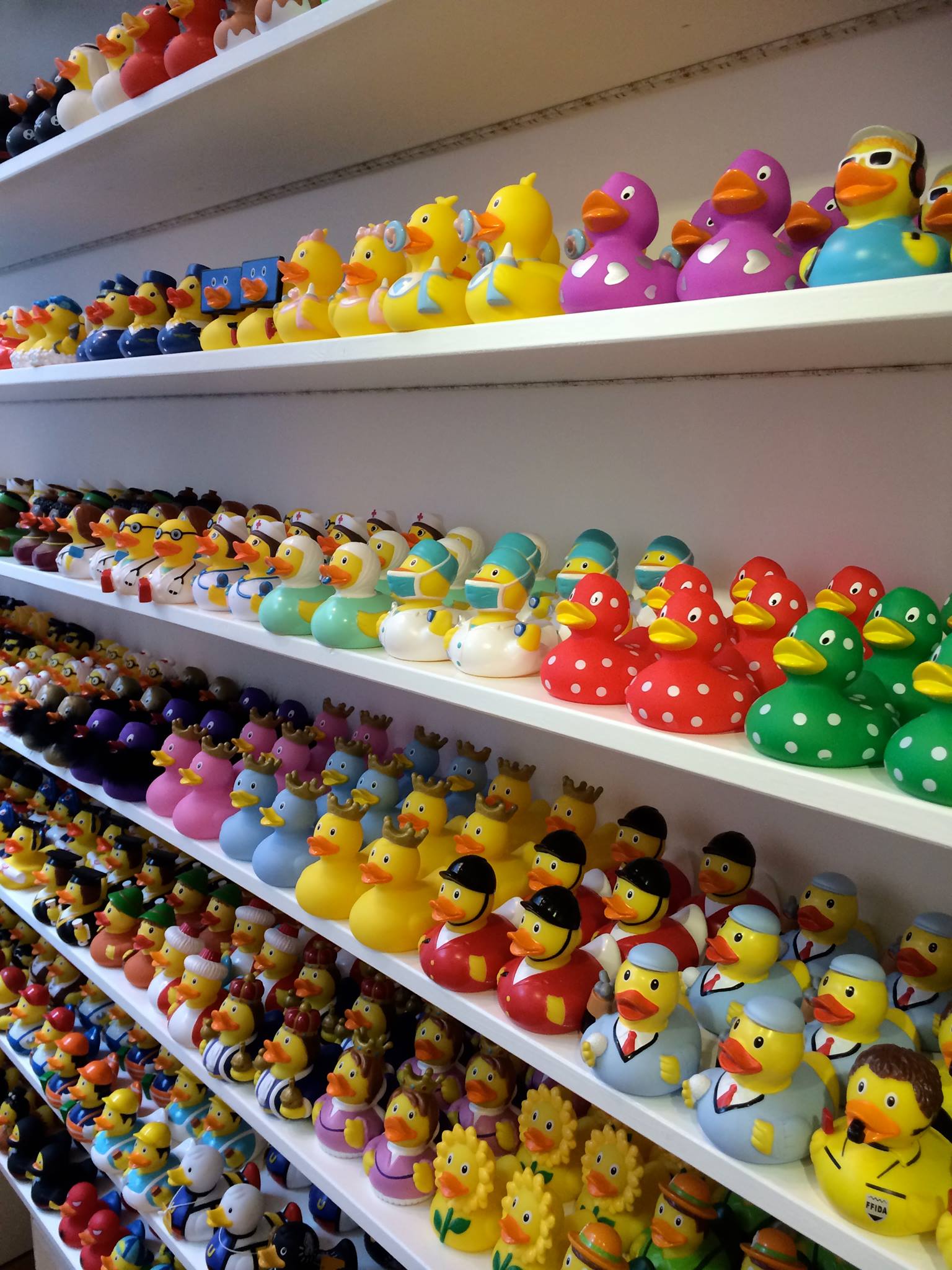The Enduring Charm of Rubber Ducks: A Dive into Their History, Use, and Popularity
Rubber ducks have become an iconic symbol of childhood, recognized and cherished across the globe. Their buoyant bodies and cheerful appearance have made them a bathtub staple, transcending their role as a toy to become a cultural phenomenon. In this article, we’ll explore the origins of rubber ducks,








There are no reviews yet.